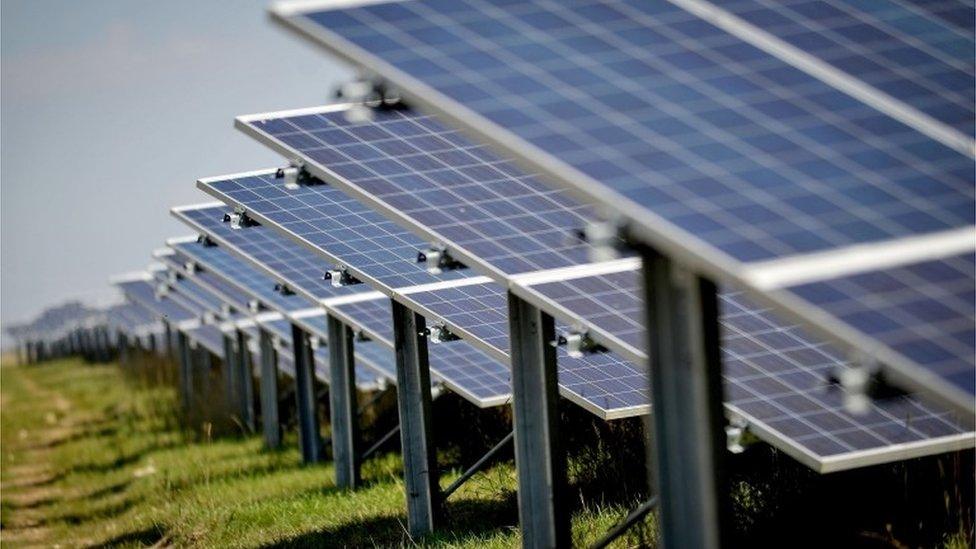Buckinghamshire Council rejects 2030 carbon-neutral target
- Published
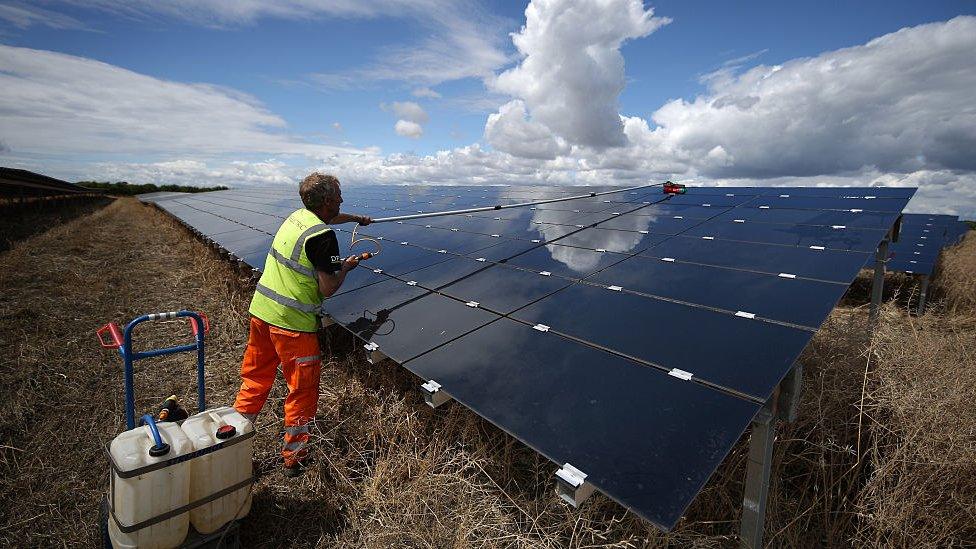
A proposal for Buckinghamshire to become carbon neutral in a decade was voted down
A council has rejected a proposal to become carbon-neutral 20 years earlier than the government's target of 2050.
Buckinghamshire councillors were asked to consider bringing forward the target to 2030 by the Green Party.
But the amendment was dismissed after 109 councillors voted against and 29 voted for, with another seven choosing to abstain.
Supporting the Greens, Lib Dem leader Steven Lambert said the 2050 target was "possibly woollier than a mammoth".
He added: "That is extinct, as hundreds of other species will be in this decade alone because of climate change."
According to the Local Democracy Reporting Service, the council's Conservative leader Martin Tett had originally laid down a motion calling for Buckinghamshire to become net carbon-zero by 2050, but possibly by 2030, subject to resources.
But Green councillor David Lyons said: "Buckinghamshire should be taking the lead role, not lagging 20 years behind."
Conservative Bill Chapple, cabinet member for environment and climate change, accused supporters of the amendment of coming up with the 2030 date as it "sounds the sexiest".
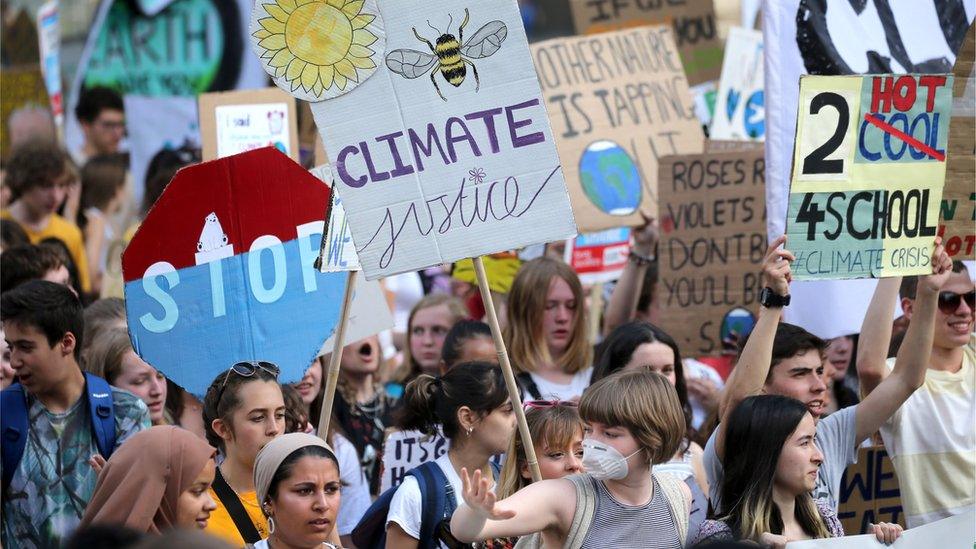
A Labour councillor who backed the 2030 target claimed this date was "what young people want"
A technology failure meant each of the 145 councillors present was asked for their vote audibly in a process that took 25 minutes, described by one councillor as a "farce".
The Paris accord, agreed in 2015, committed 188 countries to keeping rising global temperatures below 2C, external above pre-industrial levels and attempting to limit them even more, to a 1.5C rise.
But in June the UK decided to adopt the new, much tougher, goal of "net zero" greenhouse gases by 2050.
Its report said if other countries followed the UK, there was a 50-50 chance of staying below the recommended 1.5C temperature rise by 2100.
- Published15 July 2020
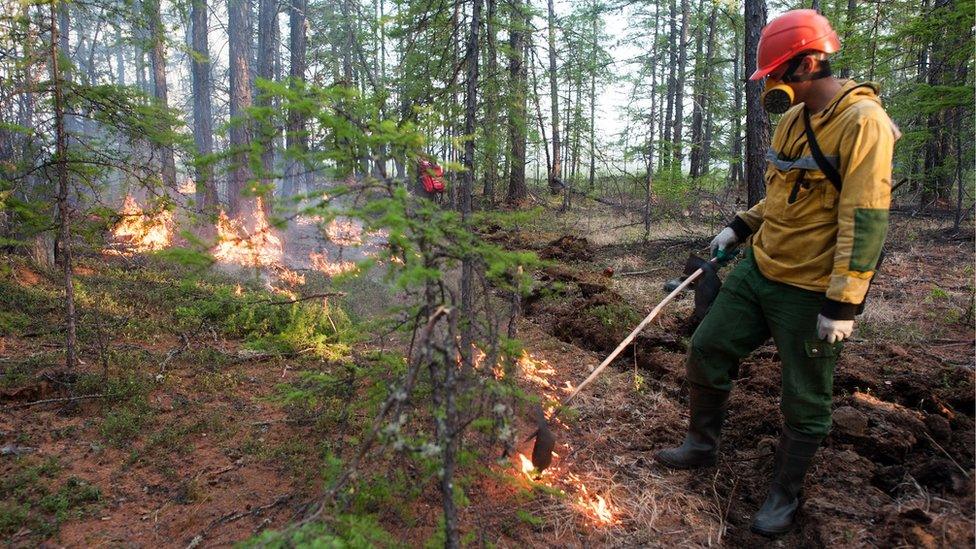
- Published2 May 2019
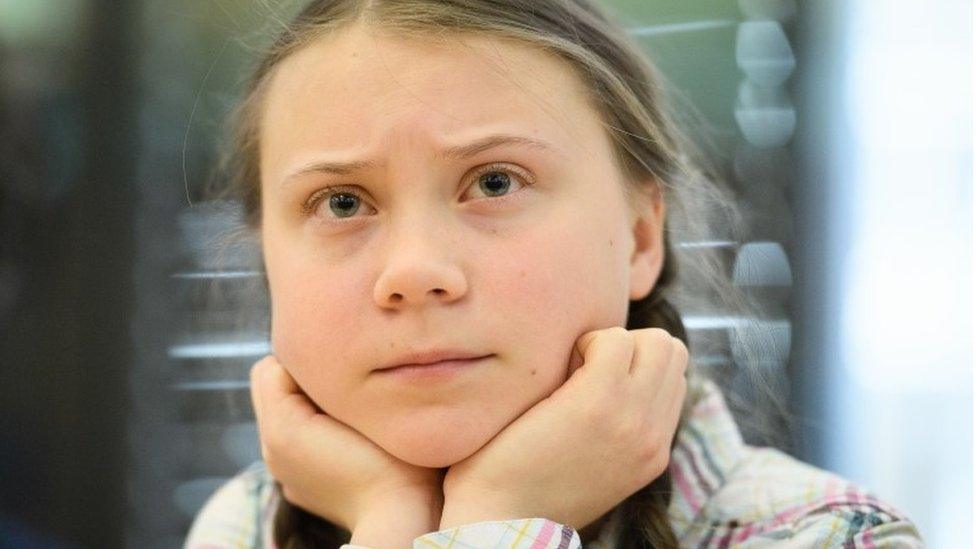
- Published5 November 2019
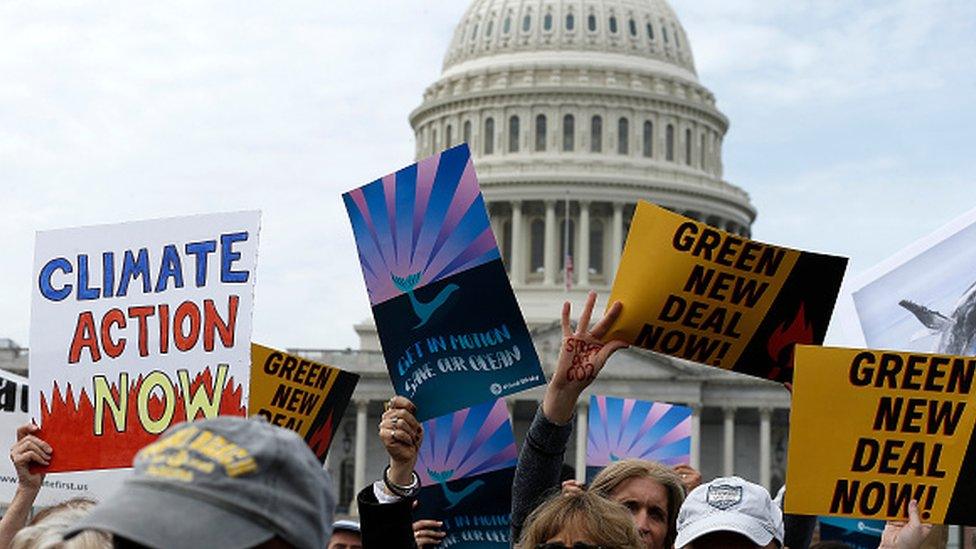
- Published12 June 2019
